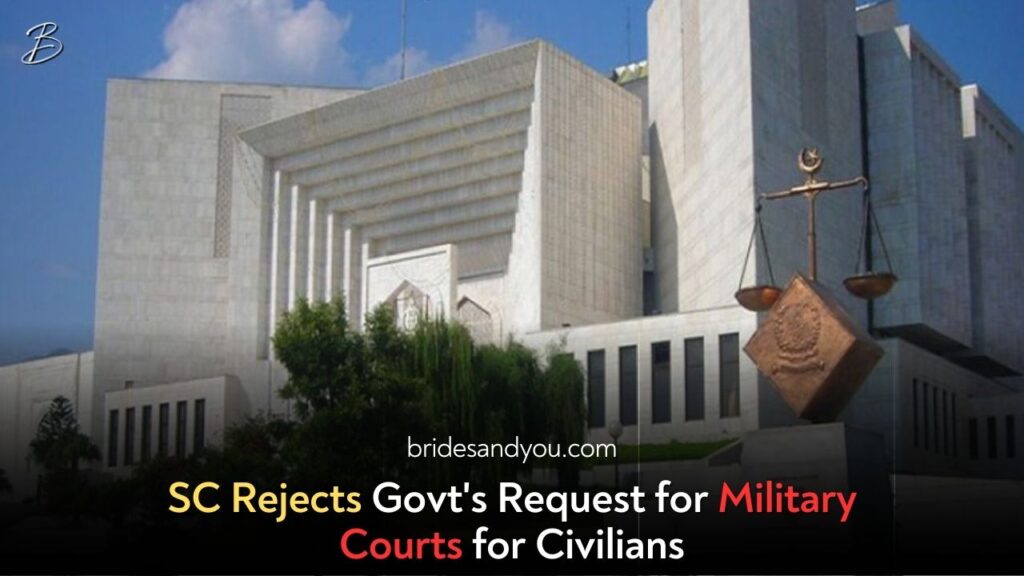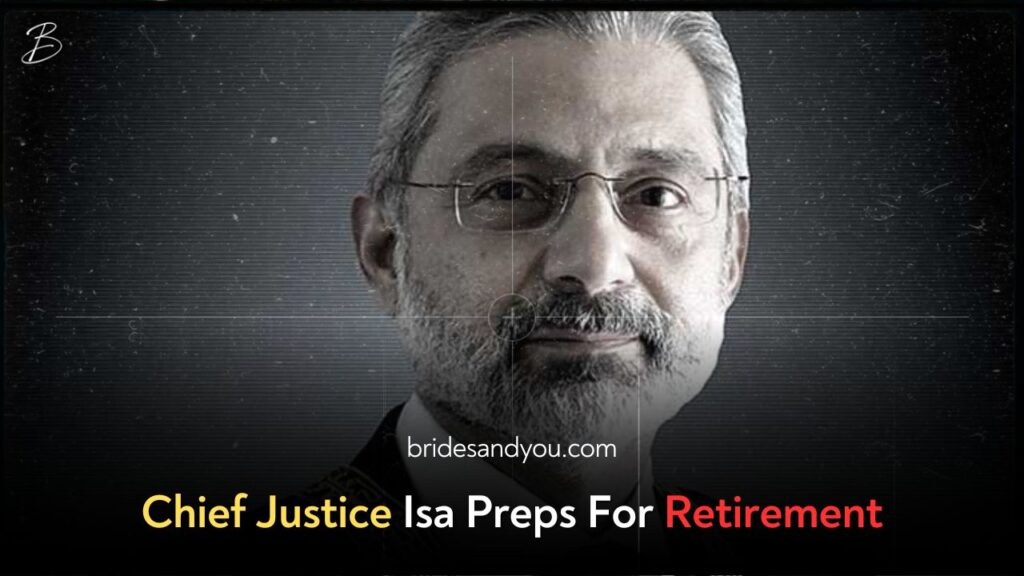Now Reading: Justice Shah Skips CJ Isa’s Farewell Due to Judicial Disagreements
-
01
Justice Shah Skips CJ Isa’s Farewell Due to Judicial Disagreements
Justice Shah Skips CJ Isa’s Farewell Due to Judicial Disagreements

Justice Mansoor Ali Shah Declines Farewell Reference for Chief Justice Qazi Faez Isa: A Stand for Judicial Integrity
Justice Mansoor Ali Shah recently made headlines with his decision not to attend the farewell reference for outgoing Chief Justice Qazi Faez Isa. In a candid letter addressed to the Supreme Court Registrar, Justice Shah conveyed his reasons for this choice, emphasizing the role of integrity, accountability, and independence within the judiciary. His stance underscores the importance of upholding standards that maintain the public’s trust in the judicial system.
Justice Shah began by recognizing the longstanding tradition of holding farewell events to honor a Chief Justice’s contributions upon their retirement. However, he highlighted that these traditions should only stand if the individual’s contributions merit such acknowledgment. Citing this as his guiding principle, he explained why he would not be participating in the farewell reference for Justice Isa.
Justice Shah referenced a similar decision he made in 2019, choosing not to attend the farewell for former Chief Justice Saqib Nisar. At that time, he raised concerns about former Chief Justice Nisar’s actions, suggesting that he had exceeded the constitutional boundaries of his office. This previous experience, he mentioned, reinforced his belief that respecting tradition must go hand in hand with upholding constitutional integrity.
In his letter, Justice Shah raised several concerns about Justice Isa’s tenure, which he felt challenged the judiciary’s independence. According to Justice Shah, the Chief Justice’s role is to protect citizens’ rights, ensure judicial independence, and maintain checks and balances within the system. He expressed disappointment with Justice Isa’s approach, suggesting that Justice Isa disregarded these responsibilities by allegedly allowing external influences to impact judicial processes.
Justice Shah did not shy away from addressing specific issues he had with Justice Isa’s conduct, pointing to a lack of judicial unity. He claimed that Justice Isa’s actions opened doors to interference, thus weakening the judiciary’s role as a protector of democracy and rule of law. Further, he alleged that Justice Isa had shown insufficient respect for judicial rulings, which, in his view, eroded confidence in the judiciary. These sentiments echoed Justice Shah’s concerns about maintaining harmony, transparency, and respect within judicial ranks.
Reflecting on Justice Isa’s leadership, Justice Shah highlighted what he described as a “degrading” of the institution’s values. In his letter, he emphasized that attending a farewell reference for Justice Isa would imply an endorsement of what he views as harmful practices within the judiciary. He concluded with a powerful statement, explaining that by refraining from the event, he hopes to convey that any actions weakening judicial values should not be celebrated.
Justice Mansoor Ali Shah’s stance has prompted discussions across Pakistan, as his decision touches upon the need for judicial independence and ethical leadership. His words shed light on the judiciary’s responsibility not only to uphold laws but to exemplify transparency and uphold institutional integrity for the public good.













